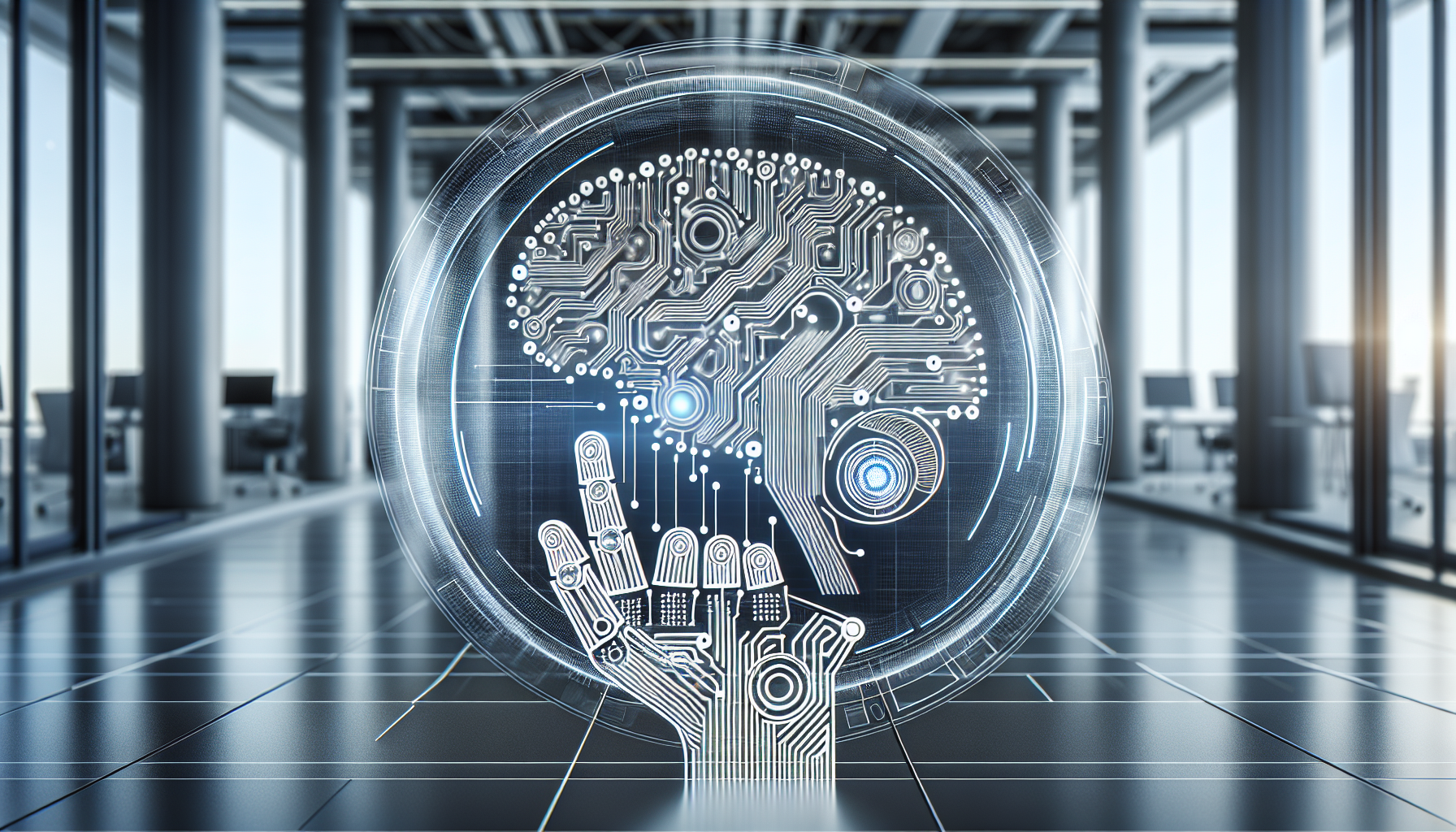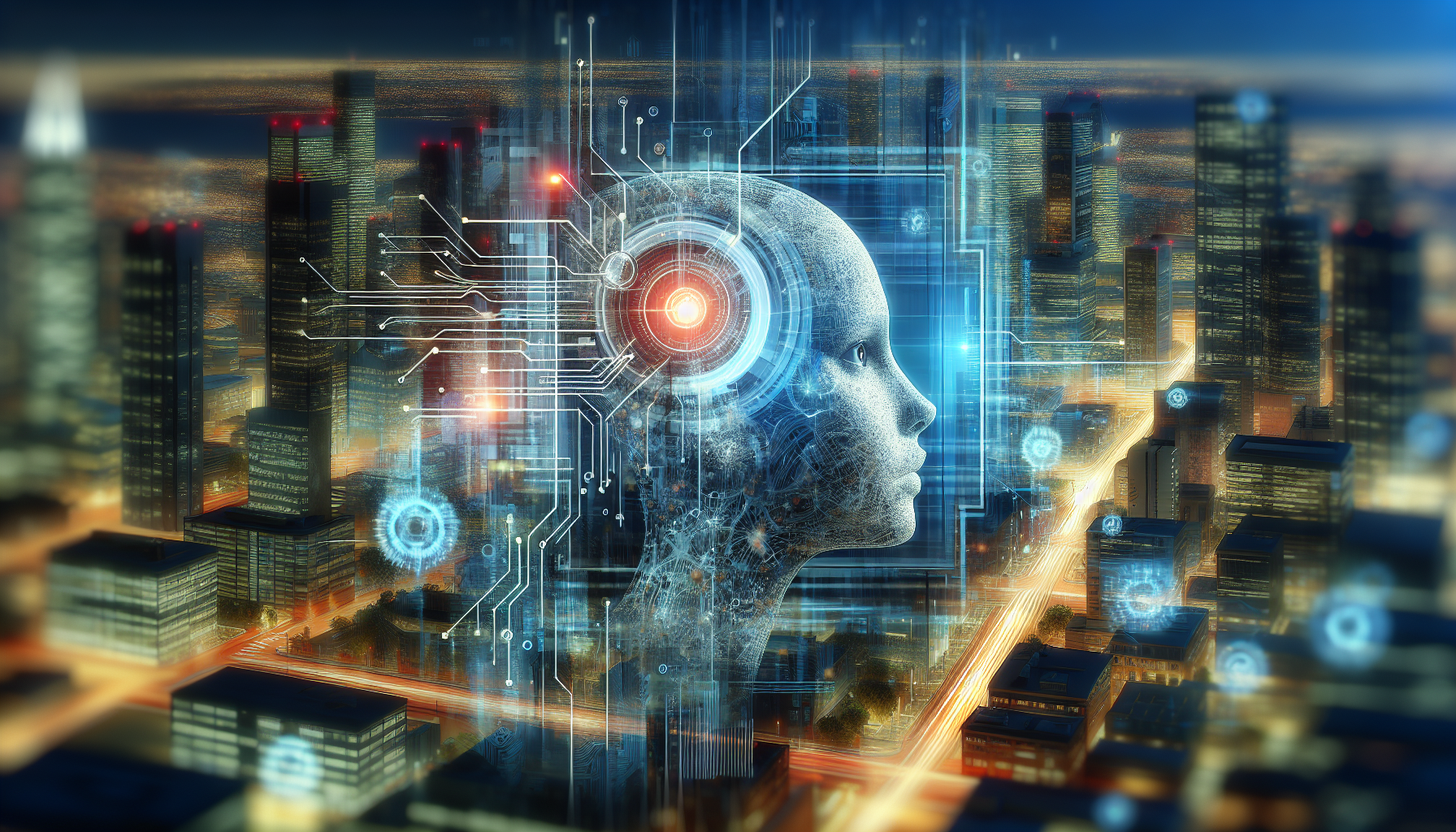
AI in Food Technology: Is My Salad Smarter Than I Am?
September 12, 2025
Let's face it: when AI starts to outsmart us in the kitchen, it's time to sit up and pay attention. Or, in my case, sit down with a bowl of popcorn for the show. Artificial Intelligence in food technology is not just about making our lives easier, it’s about making our food smarter, tastier, and possibly even more intelligent than the average human. So, grab your favorite snack and let’s dive into the fantastical world where technology meets taste buds.
First on our menu is the marvel of precision farming—those two words alone sound like they belong in a sci-fi flick. Imagine a tractor that’s smarter than your smartphone. These aren't your ordinary machines; they're decked out with sensors, GPS, and AI algorithms that can predict the weather better than any TV meteorologist. They know when to plant, how much water to use, and can even have a good guess at whether your crop is going to be a hit or a miss. Meanwhile, the farmer is left to ponder if they’ve been rendered obsolete by a machine that doesn’t require coffee breaks.
Then, we move on to the kitchen, where AI is whipping up culinary masterpieces. Picture a robotic chef that never overcooks the pasta or a smart oven that knows when your soufflé is about to collapse. These innovations are designed to remove the guesswork from cooking, which is a blessing for those of us who consider cereal a gourmet meal. With AI’s help, even I could become the next Gordon Ramsay—minus the colorful language and dramatic flair.
But it’s not just about robots and gadgets. AI is also playing a crucial role in food safety and quality. Take, for example, the AI systems that can detect contaminants in food faster than you can say "E. coli." These tech-savvy sentinels are ensuring that what reaches our tables is not just delicious but also safe to consume. Now, if only they could detect when my fridge is about to run out of chocolate ice cream, we'd be living in a utopia.
One might worry about AI making decisions for us, like if we really need that second slice of cake. Fear not, dear reader, for AI isn’t here to judge our eating habits. Instead, it’s here to optimize them. By analyzing dietary needs and preferences, AI can suggest meal plans that balance health with indulgence. It's like having a nutritionist who doesn’t frown upon your midnight pizza cravings.
Of course, with every technological advancement come ethical questions. Are we ready for AI to take over our food industry? Will there be a day when AI decides kale is the only food fit for human consumption? And what happens if our AI-powered fridge starts to have opinions on our questionable choices in leftovers? These are important questions, but let’s not forget the bigger picture: AI is here to enhance our relationship with food, not dictate it.
Lastly, let’s not overlook the sustainable side of AI in food technology. With the potential to reduce waste, optimize resource use, and improve supply chain efficiency, AI might just be the hero our planet needs. Imagine a world where food is produced more efficiently, with less impact on the environment. It's like having your cake and eating it too, without worrying if the cake comes with a side of ecological guilt.
As we embrace these innovations, it’s crucial to remember that AI is a tool—a very smart tool that can help us make better decisions about what we eat and how we produce it. Whether it's making farms more efficient or kitchens more intelligent, the potential is both promising and slightly terrifying in the best way possible.
So, as we stand at the crossroads of technology and gastronomy, one must ask: Is my salad smarter than I am? And if it is, should I be worried or just hungry for more? Perhaps the real question is whether we are ready to embrace the culinary wonders that AI promises to deliver. After all, in a world where our food is getting smarter, the possibilities are as endless as a buffet line.


